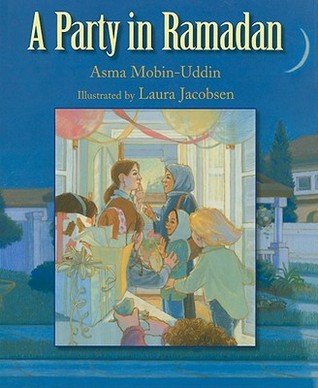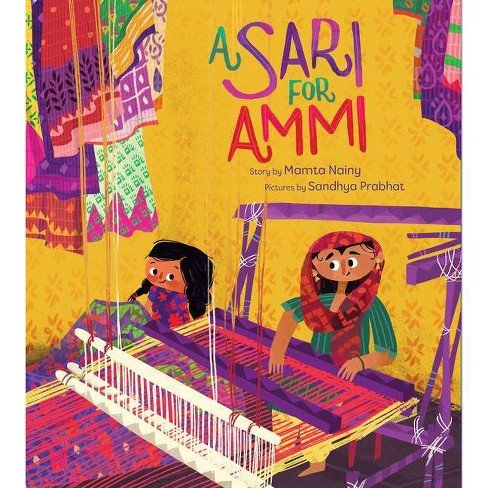Learning & Teaching about Ramadan
It is hard to believe, but Friday is April 1st (get ready for April Fool’s Day!) and Saturday is the beginning of Ramadan! Of course, it depends on the sighting of the new moon, but it seems likely that will occur on Saturday, April 2nd.
Even if you think you don’t have any students who observe Ramadan, it is still something to teach and learn about as over two billion people participate all over the world! Also, you don’t always know how people identify or who they might have in their life. At my current school, I’ve had one student who shared with me that they were Muslim and appreciated when I shared a book with the class that felt relevant for them (which of course happened before Ramadan because we learn about the world and everyone who lives in it every single day).
When I taught in New York City, many of my students followed Islam and often had to miss school for Eid or other important holidays which I know sometimes felt stressful for them. However, after I moved on, New York Public Schools added both Eid al-Adha and Eid al-Fitr to the school holidays list. Later, Lunar New Year was added as well. It’s great to see a public school system respecting the holidays that many of their students celebrate, but in my experience, this is unusual, even in districts with large numbers of families that observe Ramadan or celebrate Lunar New Year. Hopefully this will continue to change!
I always start by asking my students what they know about Ramadan and going from there. It’s important to dispel the myth that Ramadan is something that only happens in other countries as many Americans observe Ramadan as well. As always, it’s a good time to look at a map! This interactive map shows the Muslim population by country and students love interacting with it. I also found this graphic showing the different fasting hours based on location interesting and very clear. It’s also another opportunity to practice our map skills! My next step would be to have students read something to learn more information (or multiple things) and my go to is always a read aloud followed by a Newsela article. Providing a bin of books for students to continue learning more on their own is always helpful as well. Brainpop also has a movie about Ramadan, which is a good way for students to build some background knowledge before moving on to learn more on their own.
Resources to Highlight and Bookmark:
I found this letter for educators from Dr. Sawsan Jaber, a high school English teacher in Illinois, very helpful and informative. It includes some great resources. Please read it and share it.
I also discovered a great new blog: Notes from an Islamic School Librarian. There are so many wonderful book recommendations! Again, please read and share. Remember that everyday is a good day to read books with varied representations.
Books!
A Party in Ramadan by Asma Mobin-Uddin: I have this one in my classroom! The characters are very relatable and students often find both windows and mirrors in this story as they have friends who follow different traditions. The book includes an author’s note at the end that shares more information about Ramandan.
Rashad's Ramadan and Eid Al-Fitr by Lisa Bullard: I haven’t had the pleasure of reading this book yet, but it comes highly recommended and has a glossary and information boxes sprinkled throughout for more learning. It also seems to be appropriate for younger learners (K-2).
All books by Rukshana Khan! I have to give Big Red Lollipop a shout out as we used it as a mentor text when writing our own stories, but also because my students connected with it on so many levels. They had so much to say and didn’t require any questions or prompts to think deeply about the characters and text. Her books are beautifully written and illustrated and while many of the characters are Muslim, their stories are bigger than a sole focus on identity..
A Sari for Ammi by Mamta Nainy: this book is full of bright, gorgeous illustrations and saris. It always makes me happy to see saris in a book because I remember both of my grandmothers wearing them. I also appreciate how this story disrupts the single story about India and teaches us all about a mostly female and Muslim artisan community. The book includes a glossary and an information page about Kota Doria sari weaving in Kaithun, Rajasthan. There is a reference to Eid, but this book is not specifically about Ramadan.
Another author to check out is Reem Faruqi for both Lailah’s Lunchbox: a Ramadan Story (cover photo) and Amira’s Picture Day. Both books address Ramadan directly and the main characters’ simultaneous excitement and trepidation about managing at school. They both include a glossary and address the challenge of a home/school balance when your classmates might not share many of your traditions or customs.











